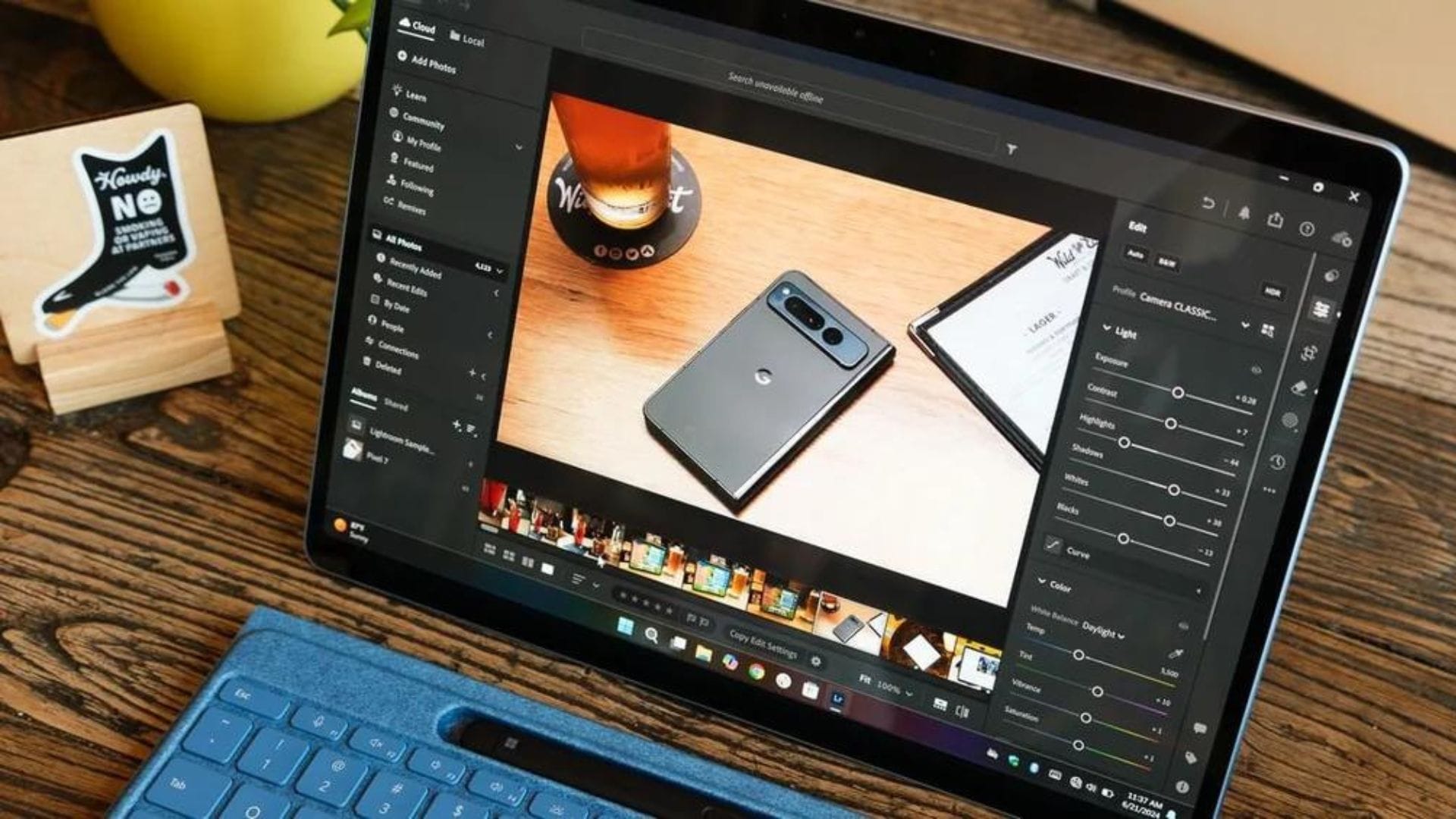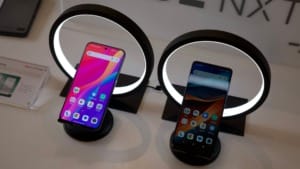Windows tests the wireless File Explorer connection for Android phones
Microsoft is testing a new feature that allows Android phones to be wirelessly connected to Windows PCs via File Explorer, simplifying file transfers.

Moving photos, videos, and other files from your Android phone to your Windows PC traditionally requires a USB cable. But that might change soon, thanks to a new update from Microsoft.
Table Of Content
A new feature in testing
Microsoft has announced on its Windows Insider blog that it is testing a new connectivity feature. This feature lets your Android smartphone wirelessly connect to your Windows PC or laptop and appear inside File Explorer, which is where you typically find your desktop, PC, documents, downloads, and other folders.
With this update, you can wirelessly browse a connected Android smartphone, access files, folders, and media, and even open and copy them to your PC or laptop. This process works similarly to using a USB cable.
How to enable the feature
According to the blog post, Windows uses Bluetooth for this connection. You must go into Settings > Bluetooth & Devices > Mobile Devices on your Windows Insider copy of Windows 11 to enable it. Here are the steps to try out the feature:
- Have a PC or laptop running Windows 11.
- Ensure your device has a Bluetooth hardware module (most laptops should have this).
- Register for the Windows Insider Programme.
- Enrol in one of Microsoft’s four Windows Insider Channels.
- Use an Android 11 phone (or newer).
- Install the beta version of the Link to Windows app on your Android phone (version 1.24071 and higher).
Future availability
It needs to be determined when Microsoft will make this functionality available to regular Windows and Android users. However, the testing phase is a positive step towards making wireless file transfers between Android devices and Windows PCs a seamless experience.
















